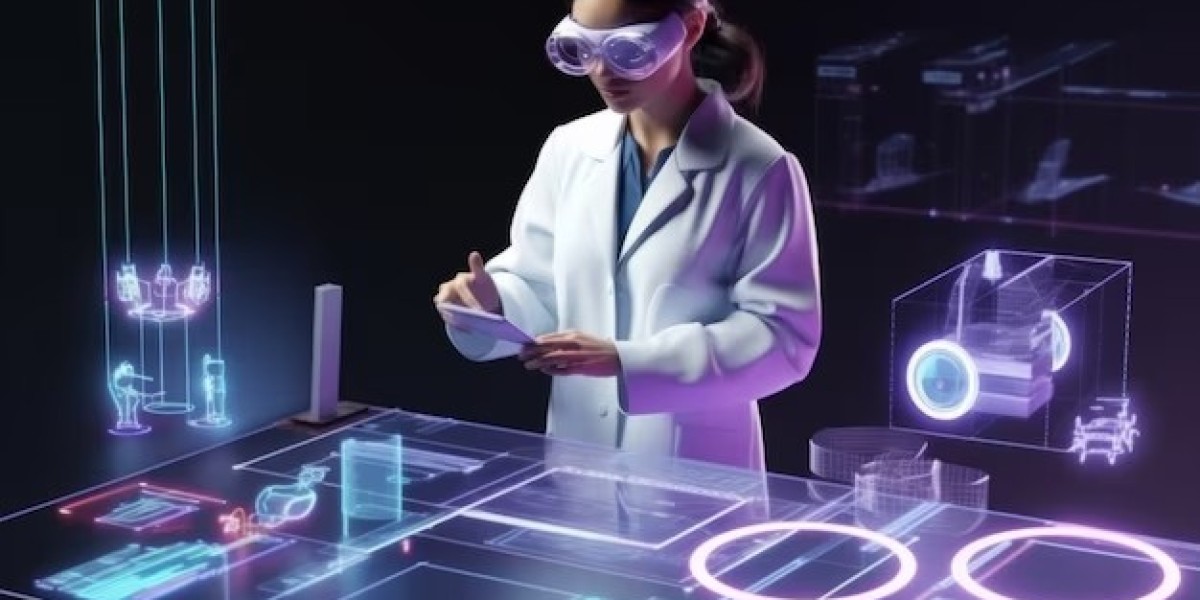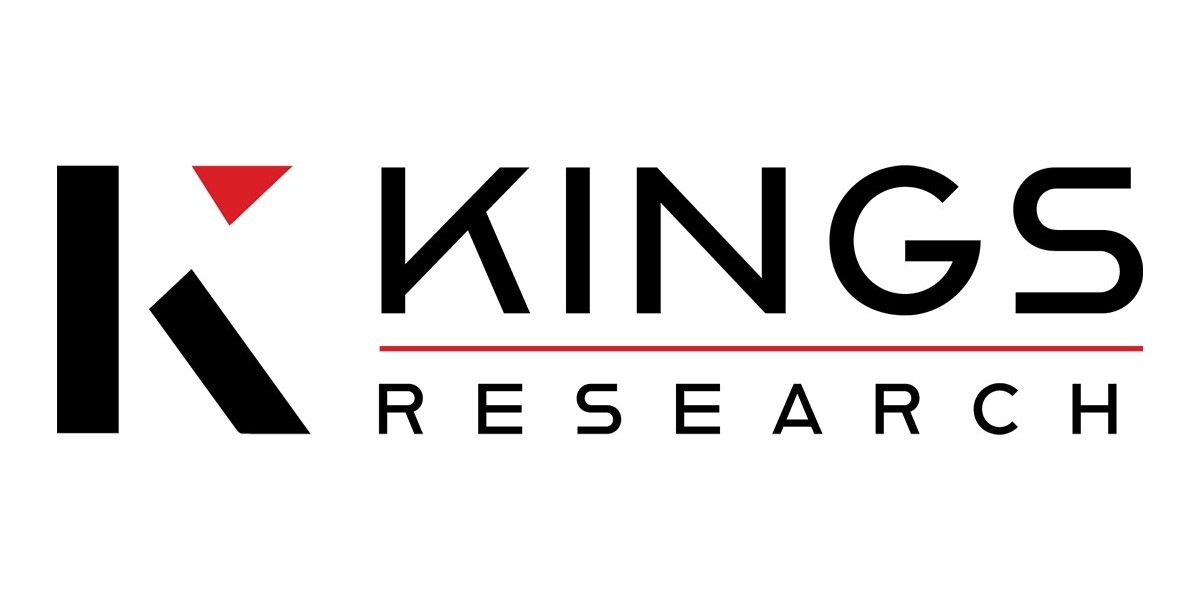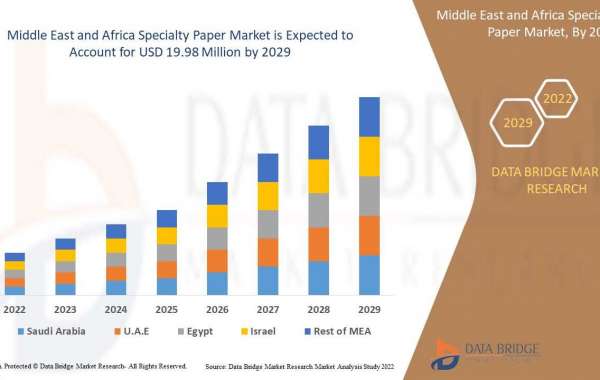In recent years, technological advancements have reshaped various industries, and healthcare is no exception. Among the groundbreaking technologies making waves in this sector, generative AI in healthcare stands out for its transformative potential. From drug discovery to personalized patient care, generative AI is poised to revolutionize how we approach medicine, diagnosis, and treatment.
What is Generative AI?
Generative AI refers to artificial intelligence systems capable of creating new content or ideas. It leverages algorithms, often based on deep learning and neural networks, to produce outputs such as text, images, or even molecular structures. Unlike traditional AI, which focuses on analyzing existing data, generative AI can generate novel solutions, making it an invaluable tool in fields requiring innovation.
Applications of Generative AI in Healthcare
- Drug Discovery and Development
- Traditional drug discovery is a lengthy and expensive process, often taking years of research and billions of dollars. Generative AI can expedite this process by simulating molecular interactions and designing potential drug candidates. Companies like Insilico Medicine and Atomwise use generative AI to identify new compounds, significantly reducing the time needed to bring drugs to market.
- Personalized Medicine
- Every individual is unique, and so is their response to treatments. Generative AI can analyze genetic, environmental, and lifestyle data to tailor personalized treatment plans. This approach ensures higher efficacy and minimizes adverse reactions, offering a promising future for personalized healthcare solutions.
- Medical Imaging and Diagnostics
- Generative AI excels in analyzing medical images such as X-rays, MRIs, and CT scans. By training on vast datasets, AI models can detect anomalies, predict disease progression, and even highlight areas of concern that may be missed by human eyes. For instance, AI-driven imaging tools have shown remarkable accuracy in detecting conditions like cancer and cardiovascular diseases.
- Synthetic Data Generation
- One of the challenges in healthcare research is the scarcity of diverse, high-quality datasets due to privacy concerns. Generative AI can create synthetic datasets that mimic real-world data while preserving patient confidentiality. These datasets are instrumental for training other AI models and conducting research without compromising privacy.
- Virtual Health Assistants and Chatbots
- Generative AI powers virtual health assistants and chatbots that provide patients with instant medical advice, appointment scheduling, and medication reminders. These tools enhance accessibility to healthcare services, especially in remote or underserved areas.
- Medical Training and Education
- Medical professionals can benefit from AI-generated simulations and virtual patient scenarios. These tools offer a risk-free environment for practicing procedures, diagnosing conditions, and learning about rare diseases.
Advantages of Generative AI in Healthcare
The integration of generative AI in healthcare offers several benefits:
- Efficiency: By automating complex tasks such as data analysis and drug design, generative AI saves time and resources.
- Accuracy: AI models reduce human error in diagnosis and treatment planning.
- Innovation: Generative AI fosters innovation by exploring novel ideas and solutions that might be overlooked by traditional methods.
- Scalability: AI-driven solutions can be scaled globally, addressing healthcare challenges in resource-constrained regions.
Challenges and Ethical Considerations
Despite its immense potential, the adoption of generative AI in healthcare is not without challenges:
- Data Privacy and Security: Handling sensitive patient data requires robust security measures to prevent breaches and ensure compliance with regulations like GDPR and HIPAA.
- Bias in AI Models: AI systems can inherit biases from their training data, leading to disparities in healthcare outcomes.
- Regulatory Hurdles: Developing and deploying AI solutions in healthcare must comply with stringent regulations to ensure safety and efficacy.
- Trust and Acceptance: Building trust among healthcare professionals and patients is crucial for the widespread adoption of generative AI.
Future Prospects
The future of generative AI in healthcare is bright, with ongoing research and development paving the way for new possibilities. Here are some trends to watch:
- Integration with Wearables: Generative AI can enhance the capabilities of wearable devices by providing real-time health insights and early warnings for potential issues.
- AI-Powered Telemedicine: Telemedicine platforms can leverage generative AI to deliver more accurate diagnoses and treatment recommendations remotely.
- Enhanced Drug Repositioning: AI can identify new uses for existing drugs, providing cost-effective solutions for treating diseases.
Conclusion
Generative AI is not just a buzzword; it is a transformative force redefining the healthcare landscape. From accelerating drug discovery to personalizing treatments, the potential applications are vast and varied. However, realizing the full potential of generative AI in healthcare requires addressing ethical, regulatory, and technical challenges. As we continue to innovate, this technology promises to bring us closer to a future where healthcare is more efficient, accessible, and patient-centric.
Incorporating generative AI into healthcare systems is no longer optional—it is the next step toward a healthier, smarter world. Embracing this technology will enable healthcare professionals to deliver better outcomes and improve the quality of life for millions of patients worldwide.









